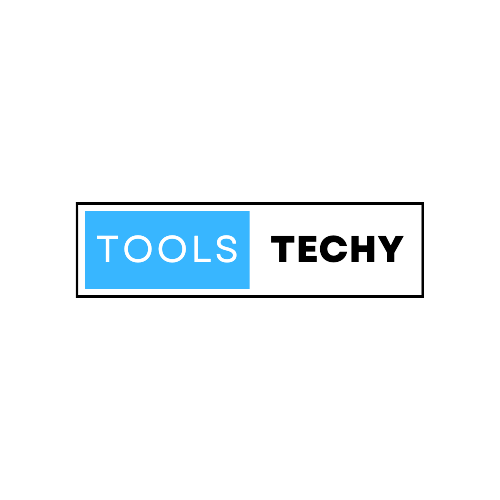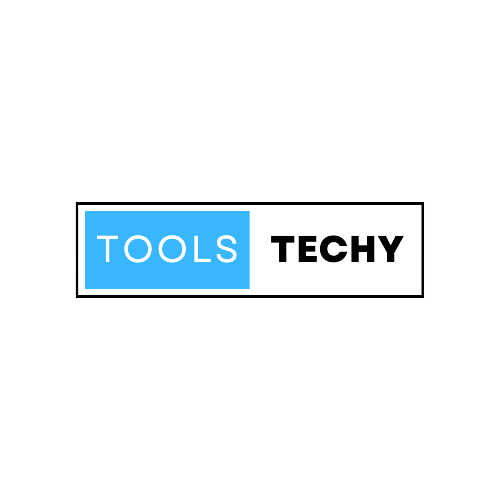What is the beginner rate for proofreading? Side Hustles Secrets 2023
Proofreading is an important part of the writing and publishing process. It involves carefully reading a document to find and correct spelling, grammar, punctuation, consistency, formatting, and fact-checking errors. For professional writers or publishers, proofreading is essential before finalizing or distributing written content.
Several factors can impact how much they charge for their services when hiring a proofreader. It includes the proofreader's experience level, the type of material they are proofreading, the turnaround time, and whether they are freelance or work for a proofreading company.
Beginner Rates for Proofreading
Someone just starting as a proofreader typically charges less per project, page, or hour than a seasoned pro. Beginner proofreading rates often range from $12 to $25 per hour, $3 to $7 per page, or $50 to $300 per project depending on the length and complexity. The lowest end of beginner proofreader rates is usually around $10 to $15 per hour or $2 to $5 per page. At these prices, the work is often minimal proofreading for things like blogs, indie books, student papers, or small business materials. The proofreader is still building their portfolio and skills.
A mid-range beginner rate is approximately $15 to $20 per hour or $4 to $6 per page. These are common starter rates for proofreaders, proofreading websites, professional documents, academic papers, and freelance articles. The proofreader likely has some training and experience. On the higher end of the beginner scale, rates range from $20 to $25 per hour or $6 to $7 per page. At this stage, the proofreader may have higher education in proofreading or a related field and have completed several projects. However, they are still early in their career. These rates are more common for proofreaders working with corporate clients, publishers, or professional writing firms.
There are a few key factors that impact what an entry-level proofreader can charge for their services:
-
Experience and portfolio - The more projects a beginner proofreader has completed, the higher rates they can command. Having a solid portfolio shows proof of skills.
-
Type of material - Proofreading a Ph.D. thesis or medical journal manuscript has higher rates than proofreading a blog post. Technical, academic, or scientific documents require more knowledge and precision.
-
Turnaround time - Rates increase for rush jobs with tight deadlines. Quick turnarounds warrant a premium rate.
-
Location - Proofreading rates vary based on average wages and costs of living in different geographic regions. Big cities like New York City or San Francisco have higher rates.
-
Level of editing - Light proofreading has lower rates than extensive copyediting or line editing along with proofreading. More editing increases the time required.
-
Subject expertise - Beginners earn more when proofreading material matching their education or experience since related knowledge aids in accuracy.
-
Client budget - Independent and small businesses often have lower budgets than large publishers and corporations.
Leveraging Skills to Increase Beginner Rates
There are ways for aspiring proofreaders to maximize their expertise to earn higher beginner rates potentially:
-
Complete proofreading training through courses or certification programs. It provides vital skills and credibility.
-
Obtain expertise in a niche subject like medical, legal, financial, or scientific writing. Subject matter knowledge is valued.
-
Learn publishing software like Adobe InDesign to provide value-added services for formatting documents.
-
Become fluent in style guides like AP, APA, CMS, and CMOS and include adherence to services.
-
Offer discounted introductory rates to get experience and build a client base, then increase rates over time.
-
Focus on mistakes repeated across early projects to improve attention to detail.
-
Provide high-quality end products and develop a reputation for being thorough and reliable.
The beginner proofreading rates serve as a starting point. As proofreaders gain demonstrable experience, raise their expertise, build a satisfied client base, and develop a strong portfolio, they can incrementally increase their rates and income potential over time. With diligence and persistence, an entry-level proofreader has room to grow into a profitable proofreading career.
Conclusion
Proofreading is a detail-oriented skill that requires training, experience, and practice to master. When starting, most proofreaders charge an hourly, per page, or project rate ranging from $10-$25 based on their competency level. Factors like expertise, subject matter complexity, project scope, client budget, and location also impact what a beginner can earn. While entry-level proofreading incomes may be modest initially, continuously improving skills and gaining satisfied clients will open doors to higher-paying work. Delivering quality work that exceeds expectations is the key to justifying rate increases throughout a proofreading career.
Frequently Asked Question
Q1. What is the typical per-page rate for a beginner proofreader?
Beginner per-page rates often range from $3-$7. Simple documents like blogs and student papers start around $3 per page. Professional documents like business reports or journal articles may pay a new proofreader $5-$7 per page.
Q2. How much should I charge per hour as a proofreading beginner?
Beginner hourly proofreading rates typically span $12-$25. New proofreaders working on less complex documents can earn around $12-$15 per hour. Those with experience and training can earn $15-$20 per hour. At the top end, beginners may charge $20-$25 per hour for higher-skilled projects.
Q3. What is a reasonable project rate for my first proofreading job?
Depending on the length, beginner proofreaders often charge $50-$300 per project. A short 10-page document may warrant a $50 flat fee. A 100-page corporate report could earn $200-$300 for a new proofreader. Rates increase with project size, complexity, and required turnaround time.
Q4. How quickly can I increase my proofreading rates as a beginner?
Patience is key. It takes time to build a portfolio, expertise, and loyal clients. Most beginners incrementally raise rates every 6-12 months. Aim for $1-$3 hourly or 10-20% increases annually as skills improve. Jumping rates too fast risks losing clients.
Q5. Should I offer discounted rates as a new proofreader?
Temporarily offering introductory discounts like 10% off can help secure first clients. It allows you to gain experience and build portfolio samples to demonstrate your capabilities. Once established, rates can gradually increase to standard beginner rates.






Comments (0)